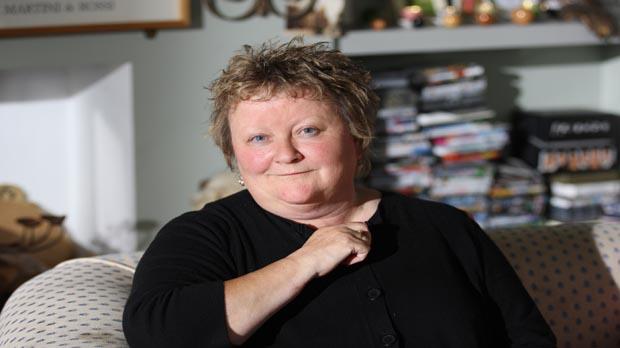
“Deborah agreed to take part in a trial as she was keen to help other cancer patients in the future. "If taking part in a trial means others might be helped then I’m very happy with that."
Please note - this trial is no longer recruiting patients. We hope to add results when they are available.
This study is looking at attitudes and beliefs of health professionals, and young women with breast cancer about being able to have children (fertility) after breast cancer.
As more young women survive breast cancer, issues such as fertility after breast cancer treatment become more important. We know from research that women often do not have enough information about their choices in this area. An earlier study showed that surviving cancer was a top concern. But there were also many concerns about how fertility decisions affect survival. Some women felt that different health care professionals had given them different advice, which they found confusing. The study team would like to look at these concerns in more detail in a new, larger study.
They will use a questionnaire to gather information from young women with early breast cancer, and from health professionals who care for people with breast cancer. The aim of this study is to find out more about the beliefs and attitudes of health professionals and patients about fertility issues in young women with breast cancer.
You can enter this study if you
 on the same side as the affected breast (early stage breast cancer)
on the same side as the affected breast (early stage breast cancer)You cannot enter this study if your breast cancer has spread to another part of your body (stage 4 breast cancer).
The study will also recruit health care professionals who care for women with breast cancer, including surgeons, breast care nurses and cancer specialists (oncologists).
This study will recruit at least 550 people. This will be at least 400 women with breast cancer, and 150 health care professionals. You don't have to go through your doctor to join this trial, and women from all over the country are able to take part.
Everyone will fill out one of 2 questionnaires, depending on whether they have breast cancer, or are health professionals. The questions will aim to find out about your beliefs and attitudes about fertility in young women with breast cancer. It will take about 45 minutes to complete. You then return the questionnaire to the study team in the pre paid envelope.
You will complete and return the questionnaire by post. So you will not have to visit the hospital to take part in this study.
As there are no treatments in this study, there are no side effects. But you may find it difficult to think about some of the areas the questionnaire will cover. If you feel you may find it hard to cope with, you may decide to not take part. This would not affect the care you receive from your specialist team. If you want to talk about any issues raised in this questionnaire, your doctor or breast care nurse will be able to support you.
Please note: In order to join a trial you will need to discuss it with your doctor, unless otherwise specified.
Dr Anne Armstrong
NIHR Clinical Research Network: Cancer
The Cancer Experiences Collaborative
The Christie NHS Foundation Trust
If you have questions about the trial please contact our cancer information nurses
Freephone 0808 800 4040

“Deborah agreed to take part in a trial as she was keen to help other cancer patients in the future. "If taking part in a trial means others might be helped then I’m very happy with that."